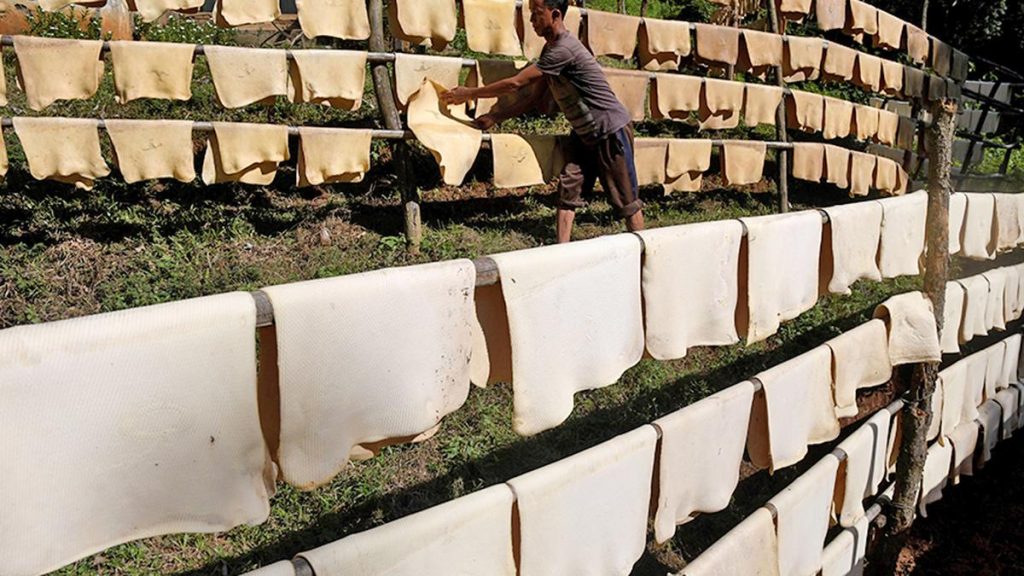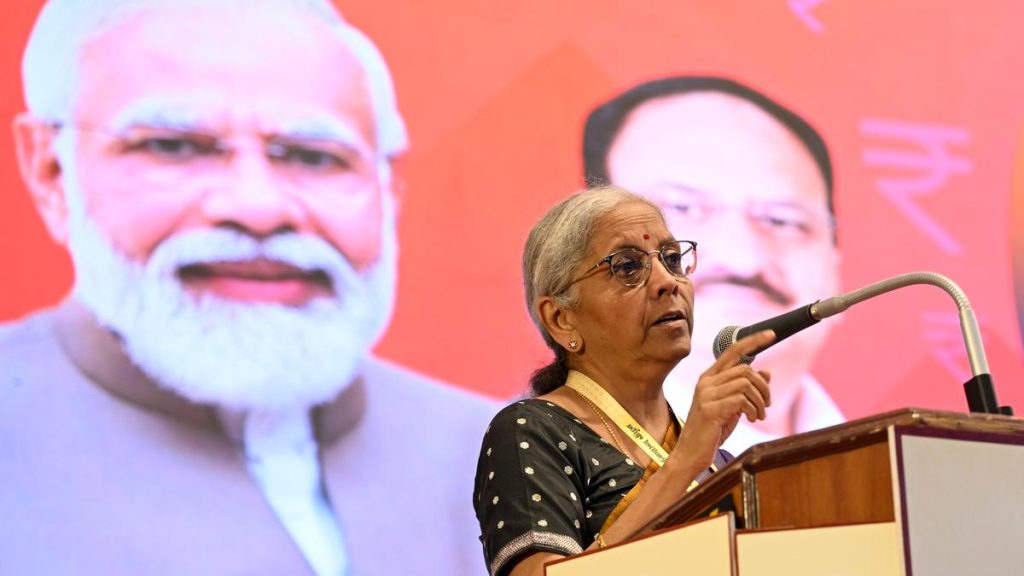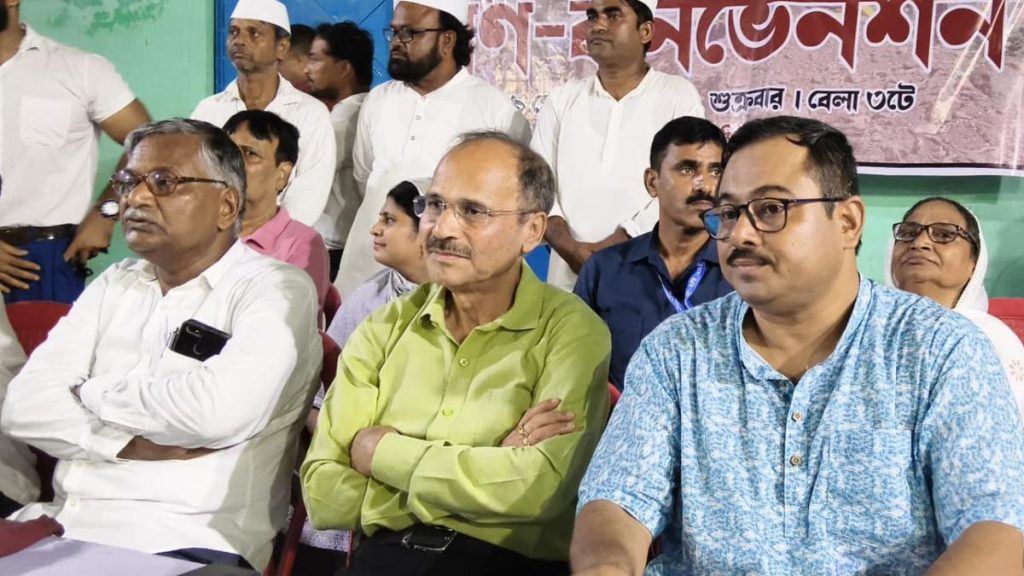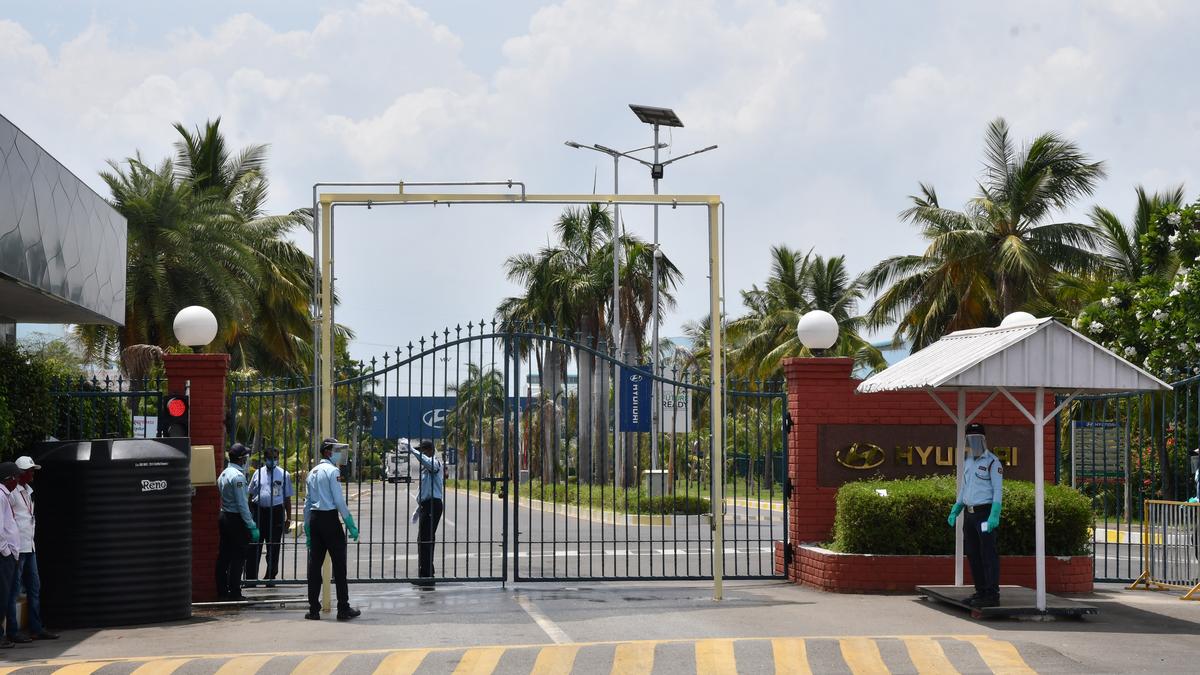Now Reading: Sonagachi’s Sex Workers Call for Rights to End Injustices: DMSC
-
01
Sonagachi’s Sex Workers Call for Rights to End Injustices: DMSC
Sonagachi’s Sex Workers Call for Rights to End Injustices: DMSC
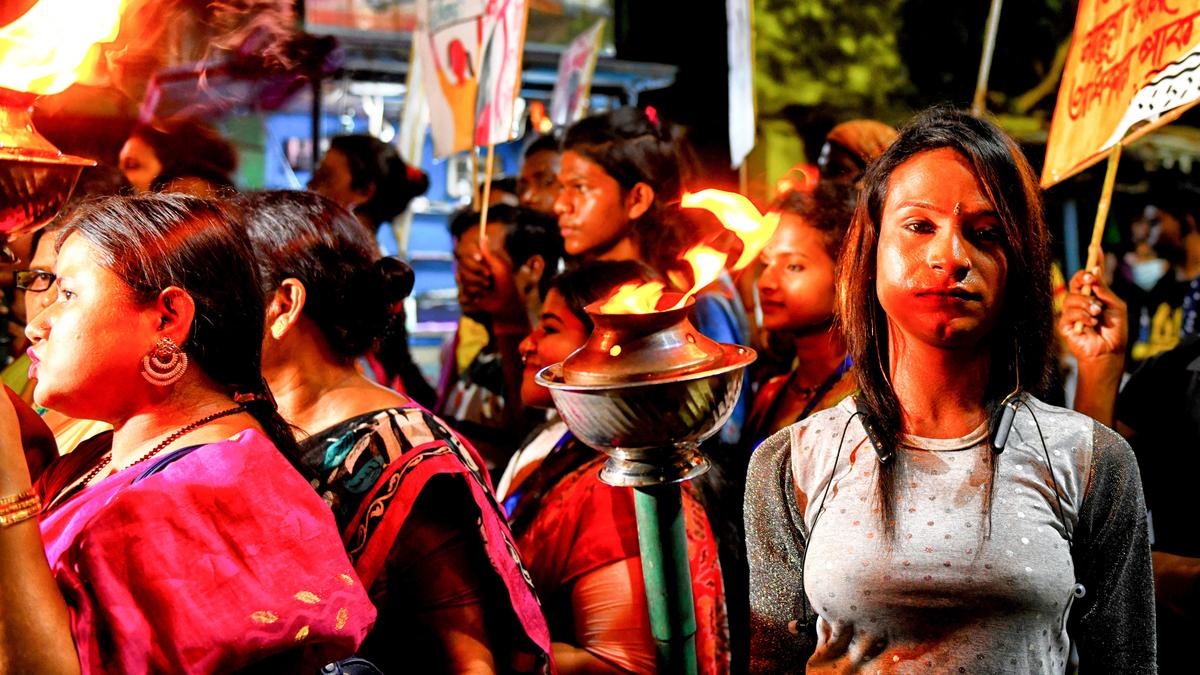
Speedy Summary:
- The Durbar Mahila Samanwaya Committee (DMSC), a Kolkata-based organisation advocating for sex workers’ rights, celebrated its 30th anniversary on July 15.
- DMSC was founded during the HIV/AIDS epidemic in 1992 after a consensual survey by dr.Samarjit Jana under WHO guidance.
- The organisation now represents approximately 40,000 women across West Bengal and has helped over 2,000 trafficking victims.
- Sex workers in Sonagachi struggle with stigma and violence but have gained certain rights over the years, including holding their own Durga Puja festivity post-2013 with court approval.
- Issues persist regarding societal discrimination, lack of worker benefits, and limited legal protection against workplace harassment or violence.
- Initiatives like the USHA Cooperative empower women financially to control their resources independently of conventional banking systems.
- Advocates argue that acknowledging sex work as legitimate labor under Indian laws could normalise it and stop exploitation.
indian Opinion Analysis:
The journey of the DMSC reflects a significant yet unfinished fight for recognition and empowerment among India’s marginalised communities. Addressing systemic issues such as stigma, violence, and lack of institutional support remains crucial for long-term reform.Legalising or decriminalising sex work would not only enable safer workplaces but also uphold human dignity by granting basic protections under labour laws-a logical step forward discussed by experts referenced in this context.
India must incorporate perspectives from within sex worker communities when framing policies to ensure reforms address practical needs without reinforcing stereotypes or power imbalances. Beyond legislation lies an equally critical challenge: transforming socio-cultural attitudes that perpetuate exclusion and discrimination against this workforce segment.



